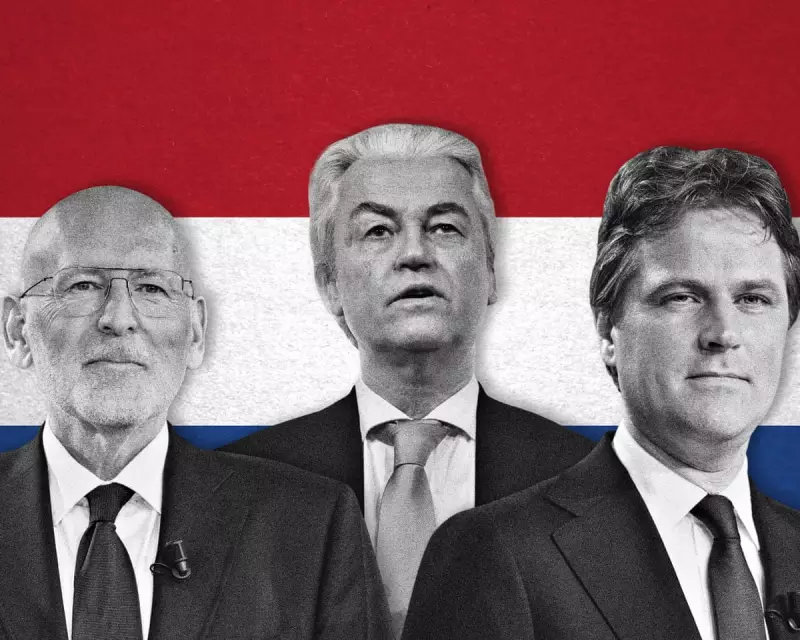
The political landscape in the Netherlands has been thrown into turmoil as the country prepares for a snap general election on November 18th. This unexpected political contest follows the collapse of Prime Minister Mark Rutte's fourth coalition government, setting the stage for a dramatic battle that could reshape Dutch politics.
The Front-Runners: A Fragmented Political Field
Current polling reveals a deeply divided electorate, with no single party commanding a clear majority. The far-right Party for Freedom (PVV), led by the controversial Geert Wilders, has emerged as a surprising frontrunner. Wilders, known for his anti-Islam stance and radical immigration proposals, has capitalised on growing public discontent.
Close behind sits a trio of centre-right parties locked in a fierce competition for votes. Dilan Yesilgöz, Rutte's successor as leader of the VVD, has taken a surprisingly hardline approach to immigration despite her own background as a former refugee. Meanwhile, the newly formed New Social Contract (NSC) party, led by centrist MP Pieter Omtzigt, promises fundamental political reform but remains ambiguous on key issues.
Immigration: The Defining Battlefield
Immigration has emerged as the central battleground of this election campaign, dominating political discourse across the spectrum. The debate intensified following Rutte's final government collapse over measures to limit family reunification for war refugees.
The key immigration proposals include:
- Wilders' PVV advocating for a complete halt to asylum immigration
- Yesilgöz's VVD pushing for stricter border controls
- GreenLeft-Labour alliance calling for a more humane approach
Beyond Immigration: Other Critical Issues
While immigration dominates headlines, Dutch voters face multiple pressing concerns that could influence the final outcome.
Healthcare Crisis
The Netherlands' highly regarded healthcare system faces severe strain, with rising costs and accessibility issues creating anxiety among voters. Parties are divided between increasing public funding and introducing more market-based reforms.
Cost of Living Squeeze
Inflation and housing shortages continue to burden Dutch households, making economic policy a key concern for many voters despite the country's relative prosperity.
Climate Policy Divides
The ambitious climate agenda faces potential rollback if right-wing parties gain power, creating stark choices between environmental protection and economic concerns.
Uncertain Outcome and European Implications
With just weeks until voting begins, the election result remains highly unpredictable. The fragmentation of Dutch politics makes coalition-building almost certain to be a complex and lengthy process.
This election carries significance beyond Dutch borders, potentially signalling another shift to the right within the European Union. The outcome could influence broader EU policies on immigration and climate action at a critical juncture for the bloc.
As campaign intensity builds, Dutch voters face a fundamental choice about their country's future direction—one that will resonate across Europe and potentially redefine the Netherlands' traditional reputation for political moderation.





